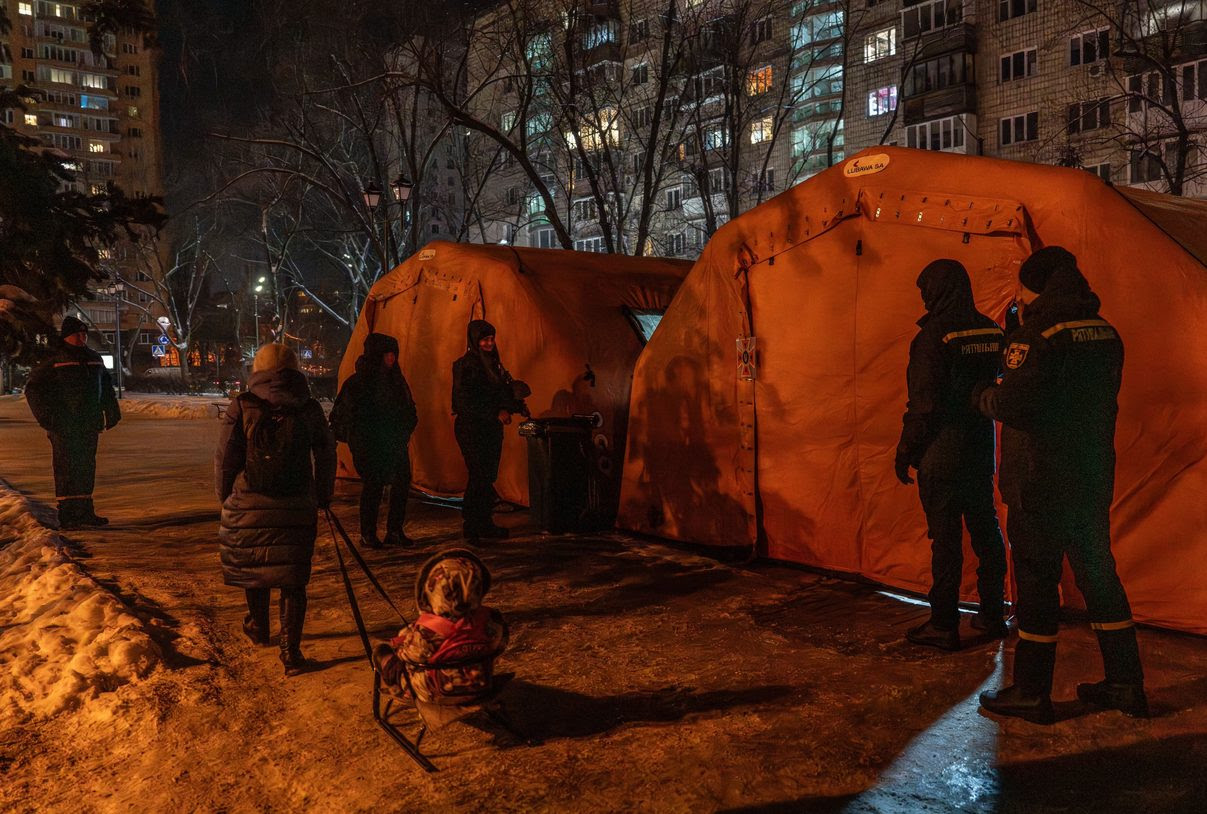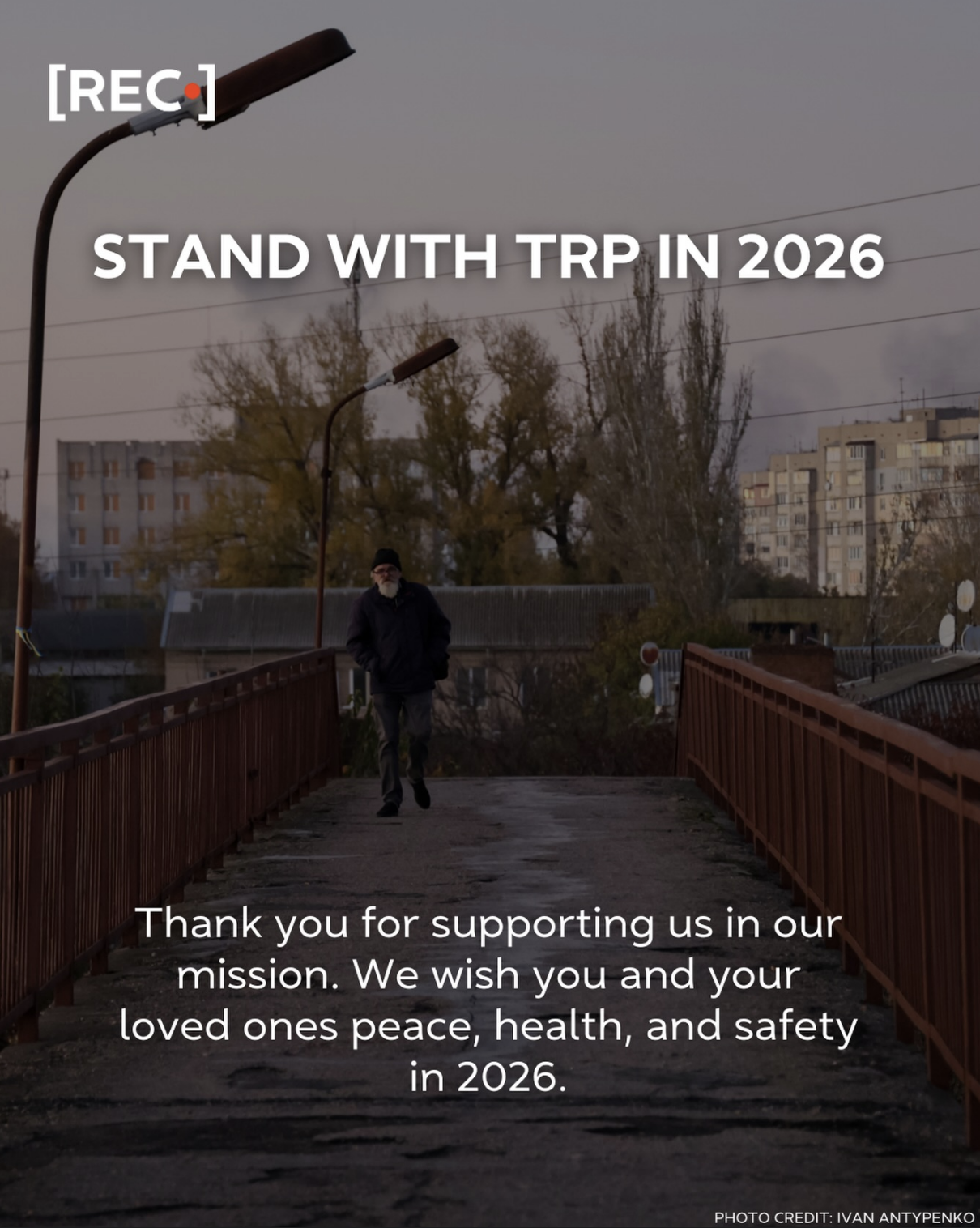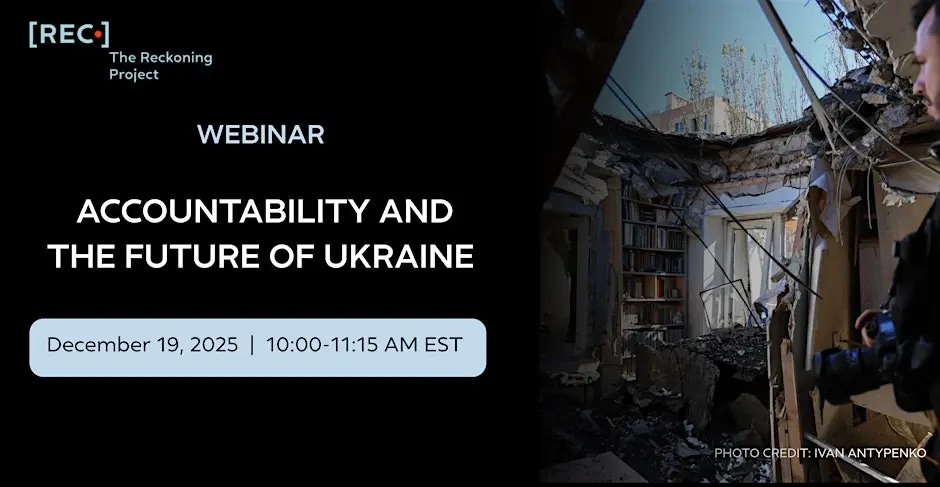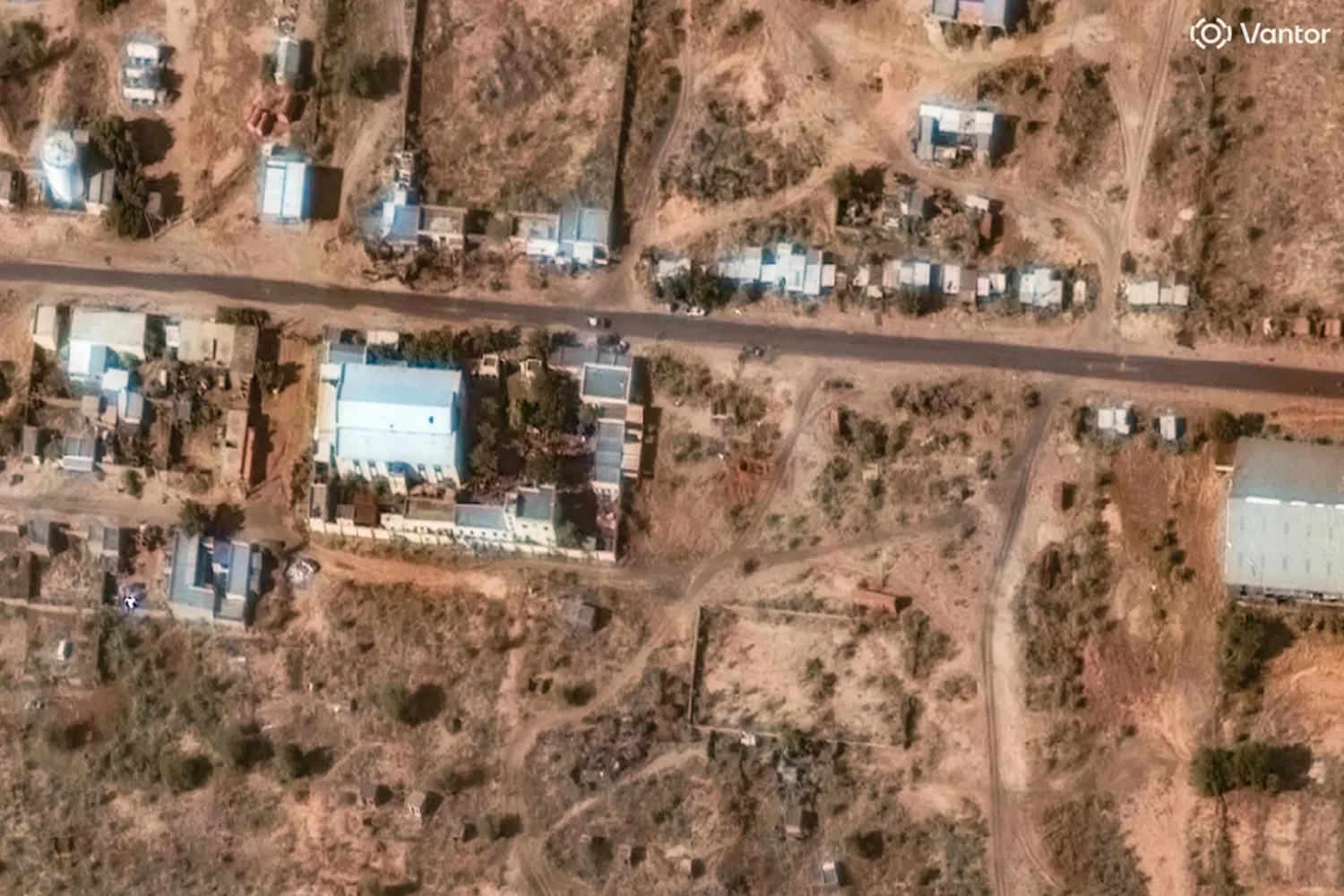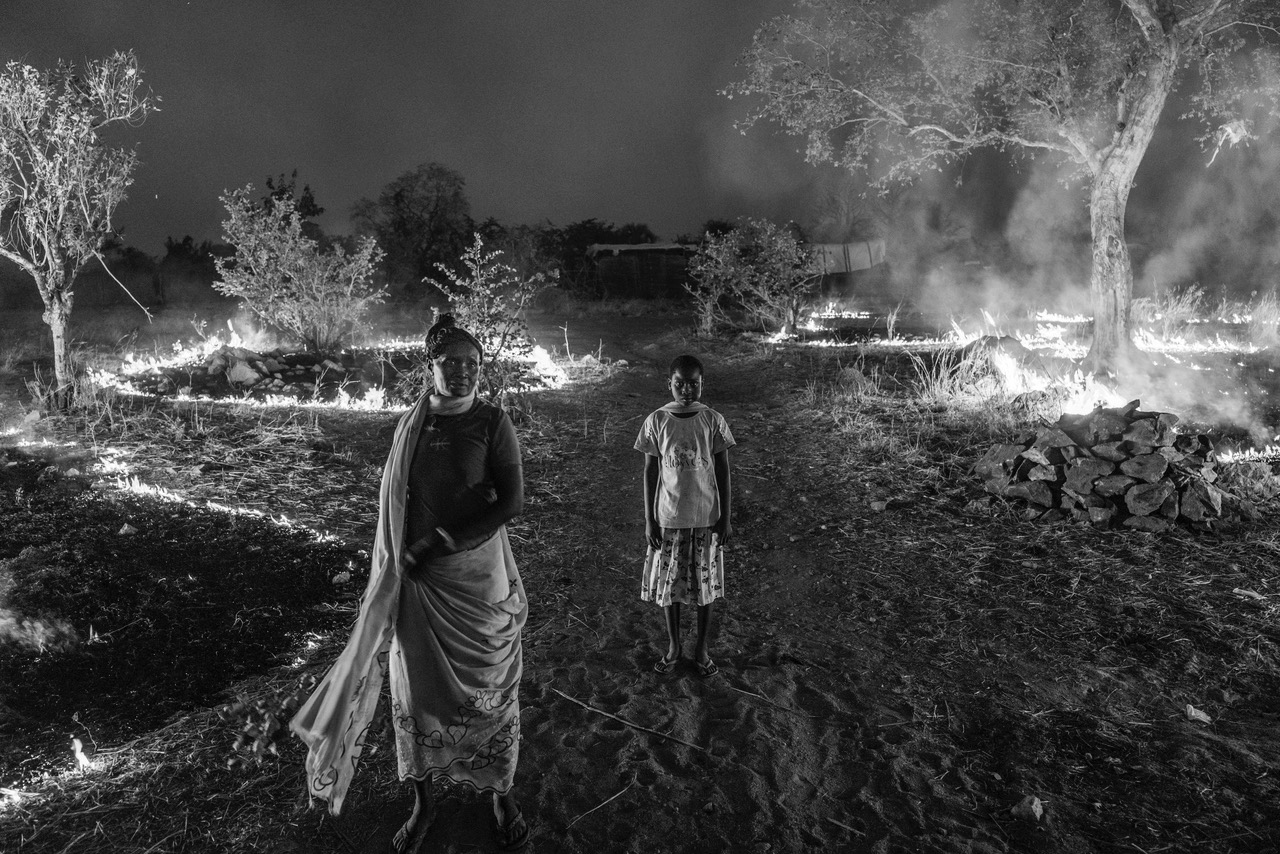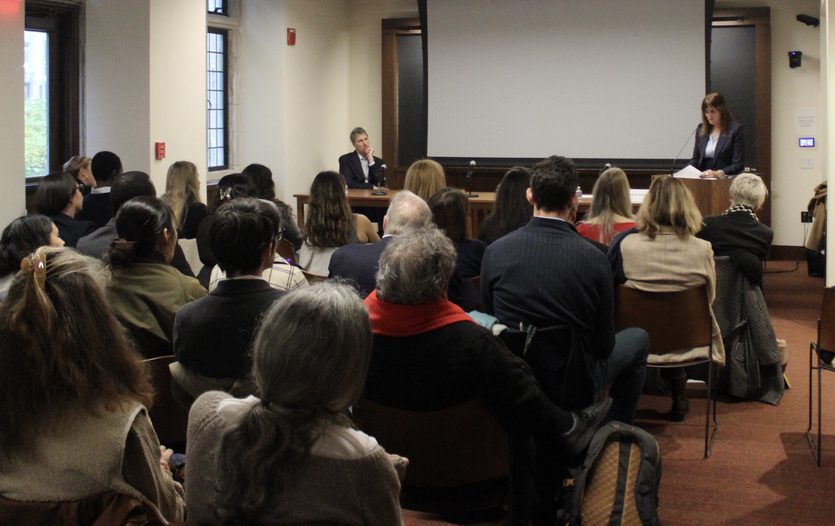Our Mission
When war crimes go unpunished, violence always returns. The Reckoning Project exists to end that cycle–closing the gap between atrocity and accountability to build a safer, more just world.


Who We Are
The Reckoning Project was founded by acclaimed war correspondent and academic Janine di Giovanni and disinformation expert Peter Pomerantsev in response to Russia’s full-scale invasion of Ukraine.
Our Methodology
We equip local researchers and journalists to document war crimes to international legal standards, transforming testimony into a foundation for accountability. We then work with the media to strengthen truthful narratives. By combining legal rigor with the power of human storytelling, The Reckoning Project ensures that truth is preserved — in the courts of law and the courts of public opinion.

Three Pillars of Impact
Spotlight on
Sudan
TRP has recently launched a new program in Sudan gathering testimony, verifying evidence, and building comprehensive cases documenting atrocities as they happen.
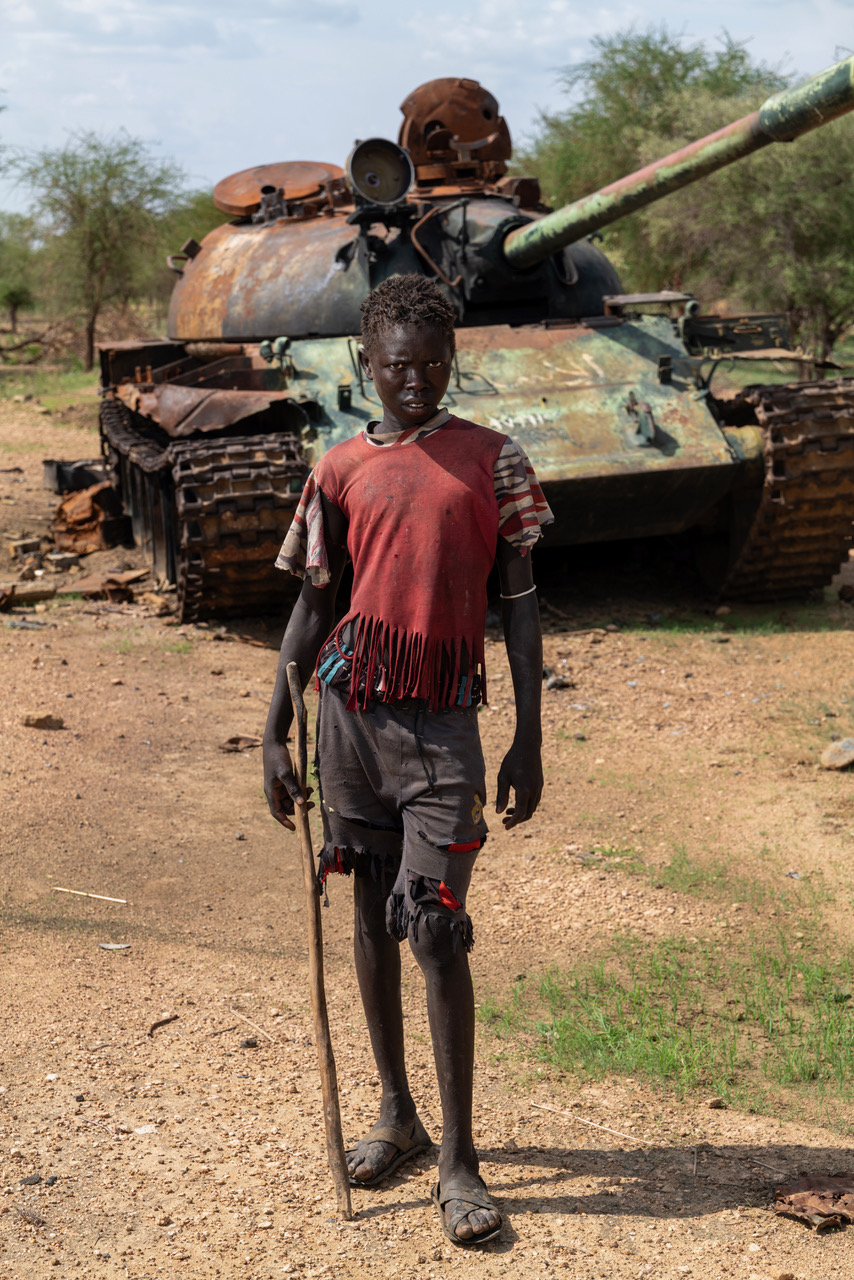
Our Impact
Explore TRP's Work
From frontline investigations to global advocacy, discover how we transform witness testimony into legal evidence and policy change
Hover to pause • Click to explore
